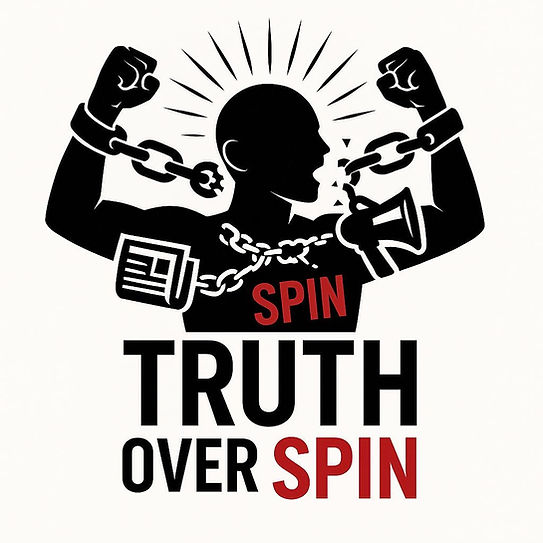Antisemitism in Broad Daylight
- Mohamed Fahd
- Aug 10, 2025
- 3 min read

When Palestinian survival is treated as a threat
In the early hours of a cold Sydney morning, a 61-year-old Palestinian grandmother was dragged from her home in a pre-dawn raid. She had fled war, escaped bombardment, and made it to safety—only to be locked in a cell by the same country that gave her hope. Her name is Maha Almassri.
She arrived in Australia after fleeing Gaza, one of the most dangerous places on Earth. Her family describes her as traumatised, displaced, and in poor health. Yet without warning, the government revoked her visa, labelled her a security risk based on secret ASIO advice, and detained her in Villawood Immigration Detention Centre. No charges. No evidence presented. Just silence. She was released a week later—without explanation. So if she was a “risk,” why was she set free?
This is not justice. This is not security.
You cannot preach human rights while punishing the victims of genocide. You cannot claim to fight antisemitism while locking up Semites. And you cannot hide behind silence. Because this time, it happened in broad daylight.
This was antisemitism.
The raid itself was antisemitic—a violent act committed against a Semitic woman who had already survived the terror of war. It wasn’t just a breach of human rights. It was the state, once again, dehumanising a Semitic person because she was Palestinian. Her family said it felt like the Israeli army had come for them all over again. That’s not paranoia. That’s trauma. Trauma that was ignored, dismissed, and then amplified by the very country that promised her safety.
Let’s be very clear: Palestinians are Semites. They speak Arabic, a Semitic language. Their ancestors have lived in the land of Palestine for thousands of years. Yet when the Australian government speaks of antisemitism, it doesn’t mean protecting Semitic people like Maha. It means shielding a foreign government—Israel—even when that government is accused by the United Nations, Amnesty International, and the International Court of Justice of committing genocide.
This distortion is made worse by the widespread adoption of the IHRA definition of antisemitism, which blurs the line between racism and legitimate criticism of Israeli policy. As documented by legal scholars and civil rights organisations around the world, this definition is increasingly being used to silence Palestinians and those who defend them. But what could be more antisemitic than detaining an actual Semitic woman because she dared to survive?
How is it that a grandmother fleeing a war zone is treated like a criminal, while Israeli ministers who openly call for wiping Gaza off the map are welcomed with open arms? How is it that Australia has cancelled over 7,000 Palestinian visas since October 7, while fewer than 1,000 Israeli visas have been refused in the same time? What message does that send? That some Semites deserve dignity, and others don’t?
You say you're against antisemitism. Then explain this.
Explain how a woman who had already lost everything—her home, her country, her sense of safety—was woken up by strangers banging on her door, taken from her family, and thrown into detention without the right to defend herself. Australia’s Migration Act allows the Minister to cancel visas without transparency, without trial, and based on secret evidence. But what does it say about our values when that power is used not to keep people safe, but to re-traumatise the already broken?
Is her mere existence considered antisemitic? Is surviving genocide, speaking Arabic, or mourning your people now a threat? When Palestinians are punished simply for being, then it’s not security—it’s bigotry.
Antisemitism is not a term used to describe criticism of a government acting with impunity—saying one thing to the world while doing another on the ground. It is a term used to describe the persecution and dehumanisation of Semitic people. And in this case, that’s exactly what Australia has done.
Minister, this is your moment to wake up.
You cannot preach human rights while punishing the victims of genocide. You cannot claim to fight antisemitism while locking up Semites.
And you cannot hide behind silence. Because this time, it happened in broad daylight.






Comments